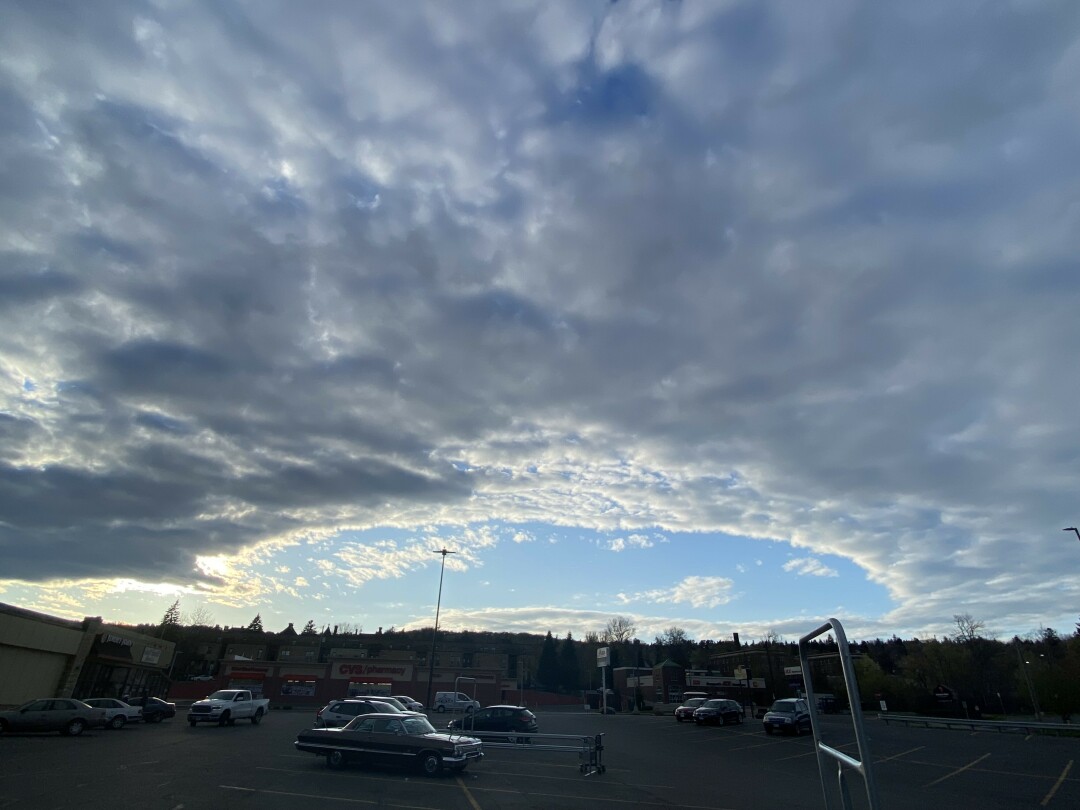Do we have the capacity?

Photo by Richard Thomas
On the last day of June, the highest court in our land decided that the climate crisis in this country is not of paramount concern to the public interest and welfare of its citizens as well as the protection and health of our environment.
In the case of West Virginia vs the Environmental Protection Agency, the majority of the justices on the Supreme Court invoked what is called the “major questions doctrine” to limit the scope of powers granted to the EPA through the Clean Air Act.
The ruling holds that Congress must provide clear direction to the agency regarding carbon dioxide regulations for existing power plants. The primary purpose of this decision was to limit and possibly delay the federal government’s authority to regulate greenhouse gas emissions from power plants.
Well, I have several major questions for the court.
Have you turned a blind eye to the coal power plants that pollute the air?
Do you think the fossil fuel industry in West Virginia represents the best interests of the environment and the public health of its citizens?
Can you not see and understand the direct impact that CO2 emissions has on the destruction of ecosystems, the rise of global temperatures and the melting of ice in such places as Greenland and the Arctic.
In response to this ruling, the mayor of Duluth stated, “Cities are on the front lines of climate impacts. While local leaders are taking bold measures to decrease pollution, we know policy support will be critical to reaching our climate goals and protecting our residents…city leaders are committed more than ever to act on climate.”
Given the lack of support for aggressive policy initiatives and financial investments to address climate change by many of the political and government leaders in our nation’s capital, it would appear that the first responders to fight the climate challenges of the future will have to be the cities from across this country. Cities like Duluth will be on the front lines, and it will be up to the collective will of the citizens in these cities to acknowledge and address the climate reality that is becoming more of a clear and present danger every day.
In his essay “Conservation And Local Economy,” Wendell Berry talked about the need to make fundamental changes in the way we think and live. And he reminded us that we face a stark reality: we must change or we will be changed. Berry encouraged us to think and act at the local level. “In order to make ecological good sense for the planet, you must make ecological good sense locally,” stated Berry.
Duluth, like many other cities in the U.S., will need to step up and take a more responsible and aggressive stand to address climate change. We need to consider what makes ecological good sense at the local level. And we must explore how we can change or transform ourselves and our city to become more resilient and sustainable.
Bruce Jennings, in his book Ecological Governance, proposes that we develop an ecological social contract whereby we change how we do things in very drastic ways for what he calls the sake of our ecological health and resilience. With an economic system that is dependent upon various natural systems and yet destroys them at the same time, Jennings questions our capabilities to make ecological good sense and take the moral high road.
“The human source of climate change is certain, but the human capacity to respond is not,” stated Jennings.
Here in Duluth, do we have the capacity to make ecological good sense? To think and act locally? To successfully respond to our city’s climate reality and make responsible choices for the common good of all our citizens and all the natural systems that are an integral part of Duluth’s environmental history?
Capacity is the ability to contain or deal with something. And it’s that ability to contain or deal with climate change that will determine Duluth’s future.
Do we have the capacity? We will if we start focusing on what can be initiated and accomplished by 2026 to address the city’s climate emergency instead of planning for 2035 or 2050. We will if we establish a citywide climate council that provides all of Duluth’s citizens an opportunity to contribute to the greater community’s conversation and offer input on how we address climate change. We will if all city and county government departments, agencies and commissions incorporate climate change in all of their strategic plans and policy decisions.
Having the capacity to respond to climate change could be the highest priority and undertaking by our city at this moment. Maybe, the major question for all of us is – Are we ready and willing?
